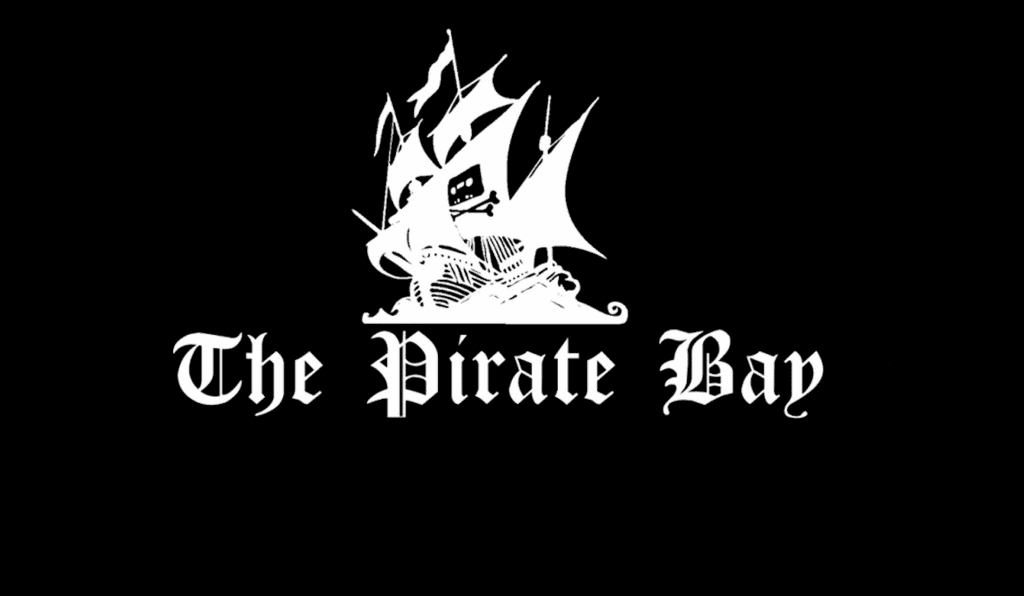The term ‘the Streisand Effect’ was coined by Mike Masnick of Techdirt in 2005. It takes its name from Barbra Streisand whose ill-fated attempt to have photos of her Malibu home removed from an environmental activist’s website caused the photos to be spread more widely than before proceedings had been filed. Streisand’s lawsuit, which was ultimately dismissed, brought in more than a million visitors to the relatively obscure website. Since this incident the Streisand Effect has claimed many victims, most commonly in cases involving defamation, breach of privacy and copyright infringements.
The consequences that can result for copyright holders were further highlighted by an April 2012 decision of the High Court of the United Kingdom. In a decision in the case, which was filed by major record labels, including EMI and Sony, the High Court ordered British internet service providers, Everything Everywhere, O2, Sky, TalkTalk and Virgin Media, to block access to The Pirate Bay, a file-sharing website that allows users to illegally download content, including movies and television shows. While the immediate outcome of the case, which came just months after Sweden’s Supreme Court upheld the prison sentences of the four founders of The Pirate Bay, appeared to weigh on favor of the record labels, there was more to it than that.
“This will just give us more traffic, as always. Thanks for the free advertising,” a spokesman for The Pirate Bay said on the heels of the court order, which would take weeks to come into effect. And The Pirate Bay rep was right. In the wake of the High Court’s headline-making decision, The Pirate Bay recorded a record amount of traffic, with the number of unique visitors to The Pirate Bay increased by a whopping 12 million.
The practical outcome of the case creates concern for both companies and individuals about how to avoid similar fates.
How to avoid the Streisand Effect
By virtue of the public nature of court proceedings ensure, a matter appears on the public record. If the matter is even vaguely controversial, it tends to be picked up by news outlets and disseminated widely. With this in mind, and given the rate at which news is shared thanks to the rise of digital and social media, when a case does not absolutely necessitate it, legal proceedings should be avoided, especially when it comes to public-facing brands that stand to suffer reputation damage as a result. Instead, brands are generally encouraged to engage in a more subtle, less aggressive approach in order to deal with the matter at hand.
Such an approach can include engaging legal services to navigate the matter using alternative dispute resolution in order to avoid publicity and the excessive costs associated with litigation.
Where does this leave you?
Nobody wants to be a victim of the Streisand Effect and unfortunately for rights holders, trying to avoid it can feel like a catch 22. Leaving the material in question undisturbed on the internet can feel grossly inadequate. But the Streisand Effect demonstrates that using the wrong methods to try and have the material taken down will only draw more unwanted attention.
From a pragmatic perspective, going to court to defend copyright or privacy rights, for instance, can create more problems than it solves. If the matter is something relatively trivial or just simply embarrassing, it may be worthwhile for brands to consider waiting for the issue to be overshadowed by something more controversial, which is often a short window of time thanks to the sped-up nature of the news cycle.
When the matter involves a serious violation of privacy or infringement of intellectual property rights, legal advice should be sought on how to approach the situation using alternative dispute resolution processes rather than pursuing aggressive and costly court proceedings.
Katrina Mawer is a Principal Lawyer at Crown Law Queensland and is based in the Brisbane office.














